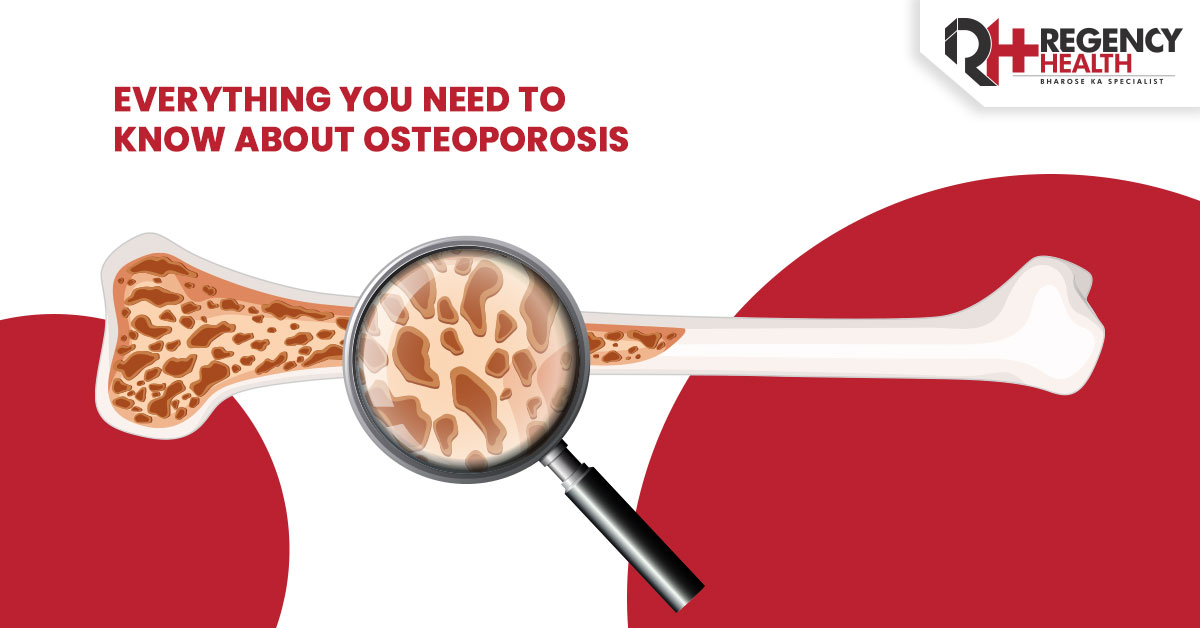
Osteoporosis is a disease that affects the bones, causing them to become weak and break easily. It is most common in women after menopause, but it can happen to anyone at any age.
What causes osteoporosis?
Osteoporosis happens when your bones are weakened by a loss of calcium and other minerals, which makes them more brittle and prone to breaking. The most common cause of osteoporosis is getting older, but certain conditions can also increase your risk.
Osteoporosis is caused by a combination of factors including genetics and lifestyle choices. Genetics can play a role in how your body absorbs calcium and other nutrients from food, which affects how strong your bones are. Smoking cigarettes, drinking too much alcohol and caffeine, and being underweight or overweight can all contribute to weakening your bones. Exercise helps strengthen bones but isn’t enough on its own if you don’t also eat foods rich in calcium and vitamin D.
Osteoporosis is caused by an imbalance between bone breakdown and bone formation. When your body breaks down more bone than it builds up, you lose bone mass and make yourself more susceptible to fractures. You may be at higher risk if you:
- Are postmenopausal or perimenopausal
- Have had an early menopause (before age 40)
- Have had breast cancer or uterine cancer
- Use hormone replacement therapy (HRT) for more than five years after menopause
- Over the age of 70
- Past bone-related injuries
- If you have parents with hip injuries
Osteoporosis causes:
- Losing too much calcium from your bones.
You lose calcium when you get older, especially if you don’t get enough calcium in your diet or if you smoke cigarettes. A lack of physical activity also increases the risk for osteoporosis by decreasing the amount of calcium stored in your bones.
- Having too little vitamin D in your system.
The average American gets only about half the recommended daily dose of vitamin D, which makes it harder for their bodies to absorb and use calcium properly.
- Having a family history of osteoporosis or low bone density (osteopenia).
If someone in your family has had osteoporosis or low bone density, it means that there’s an increased chance that you will develop osteoporosis as well—and that’s why it’s so important for you to take steps to prevent it now!
- Lack of physical activity
Not being more physically active and not exercising regularly can degrade bone health & cause osteoporosis.
- Following a poor diet
When your regular food consumption is not nutritionally balanced, it leads to malnutrition which finally results in low bone density and muscle density causing osteoporosis.
The most common symptom of osteoporosis is a broken bone. Other symptoms include:
- Tingling in your hands or feet
- Aching joints
- Headaches
- Gradual Height Loss
Conclusion
Even though calcium is an important nutrient, it’s only one of many factors involved in the development of osteoporosis. This disease is multifactorial and can be caused by multiple factors that we would do well to take into account if we want to prevent osteoporosis from developing. So check Regency Health and get all the lab work done and talk to our experienced doctors about ways to prevent osteoporosis in the future. Click here to know more about Regency Health.
This is not a disease you should overlook. If you are worried that you may have osteoporosis, it’s best to talk to our doctors. There are treatments and preventions now that were not available in past years and they make a huge difference. So don’t ignore pain or other symptoms – get it checked out at Regency Health.
Request a call back


 Call-an-Ambulance
Call-an-Ambulance



